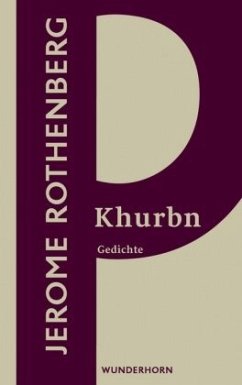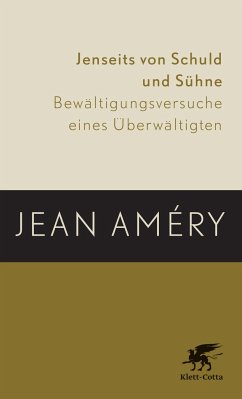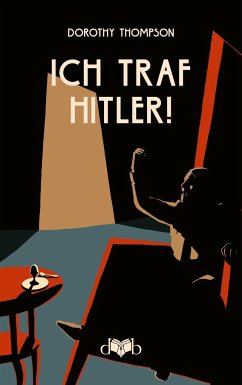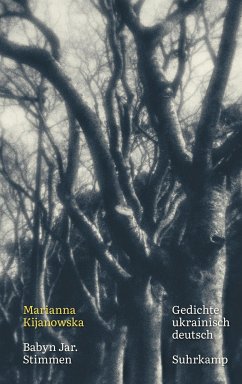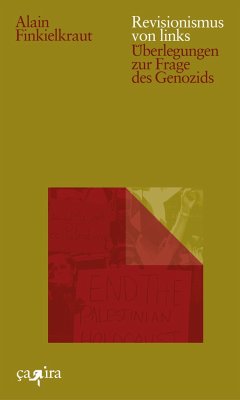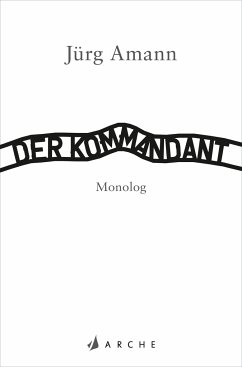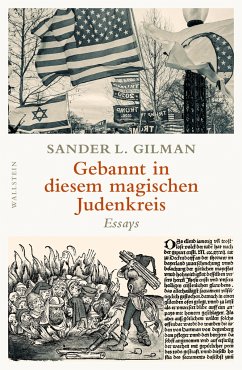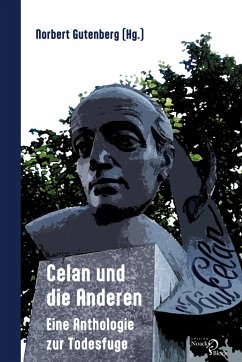Nicht lieferbar
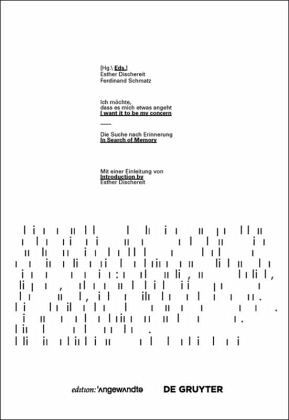
Ich möchte, dass es mich etwas angeht / I want it to be my concern, m. DVD
Die Suche nach Erinnerung; In Search of Memory
Herausgegeben: Dischereit, Esther; Schmatz, Ferdinand
Versandkostenfrei!
Nicht lieferbar
Actions and texts from the Institute for Language Arts at the University of Applied Arts Vienna, developed for the International Holocaust Remembrance Day, open a literary discourse of remembrance by the fourth generation: strange, unusual, disparate, lost and at the same time characterized by the desire to express themselves with compassion. The writers create unexpected approaches while examining both remembrance and forgetting. An inventory.
At the University of Applied Arts Vienna, students developed texts and actions for the International Holocaust Remembrance Day. Who has room in their writing-space? Sometimes the language itself got in the way of finding access to this subject.
The works are an expression of discord, in which memory might be shared, but remains open, with whom. Post-memory or post-oblivion? The gap between the two became the project's main focus: Words were pulled back and forth, meanings elicited and garnered. It is an attempt for the fourth generation to capture memories.
At the University of Applied Arts Vienna, students developed texts and actions for the International Holocaust Remembrance Day. Who has room in their writing-space? Sometimes the language itself got in the way of finding access to this subject.
The works are an expression of discord, in which memory might be shared, but remains open, with whom. Post-memory or post-oblivion? The gap between the two became the project's main focus: Words were pulled back and forth, meanings elicited and garnered. It is an attempt for the fourth generation to capture memories.
Zum Internationalen Holocaust-Gedenktag entwickelten Studierende der Universität für angewandte Kunst Wien Texte und Aktionen. Wer findet in ihren Schreib-Räumen Platz? Gelegentlich scheint es, als würde sich die Sprache selbst gegen das Näherkommen sperren.
Die Arbeiten sind Ausdruck eines Zwiespalts, in dem Erinnerung zwar geteilt werden soll, aber offen bleibt, mit wem. Postmemory oder Post-Oblivion? Die Aussparung wird selbst zum Thema; Wörter werden hin- und her-gedreht, und Bedeutungen heraus- und nachgelesen. Die vierte Generation sucht so nach Erinnerungen.
Die Arbeiten sind Ausdruck eines Zwiespalts, in dem Erinnerung zwar geteilt werden soll, aber offen bleibt, mit wem. Postmemory oder Post-Oblivion? Die Aussparung wird selbst zum Thema; Wörter werden hin- und her-gedreht, und Bedeutungen heraus- und nachgelesen. Die vierte Generation sucht so nach Erinnerungen.




